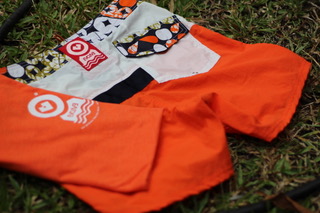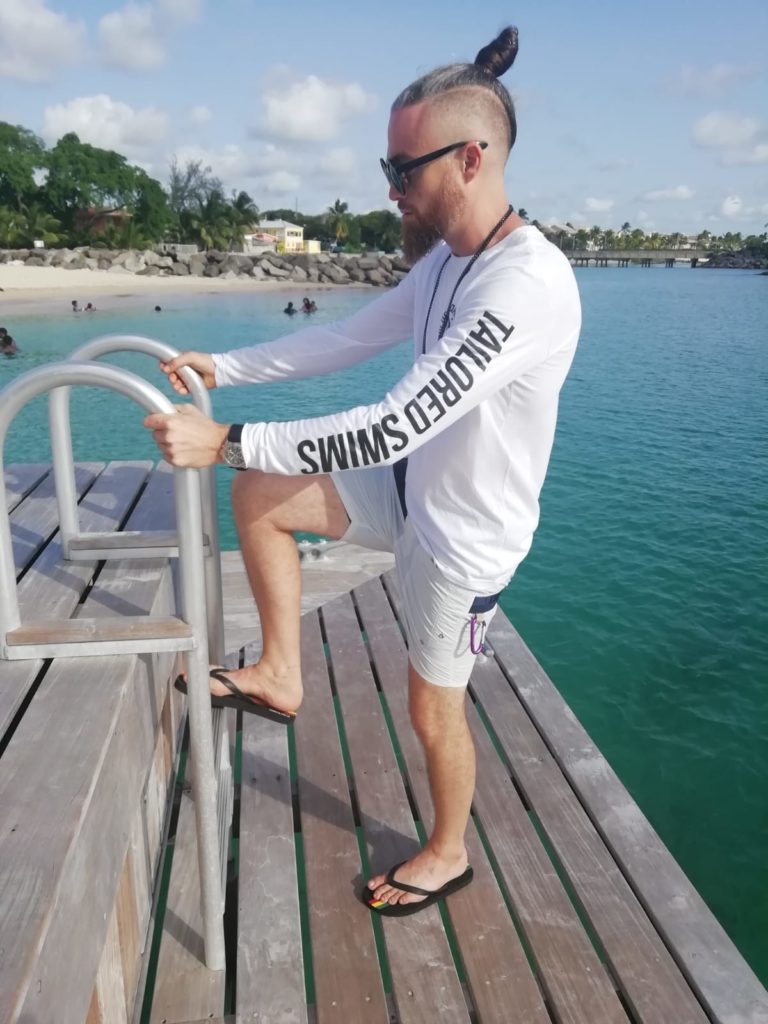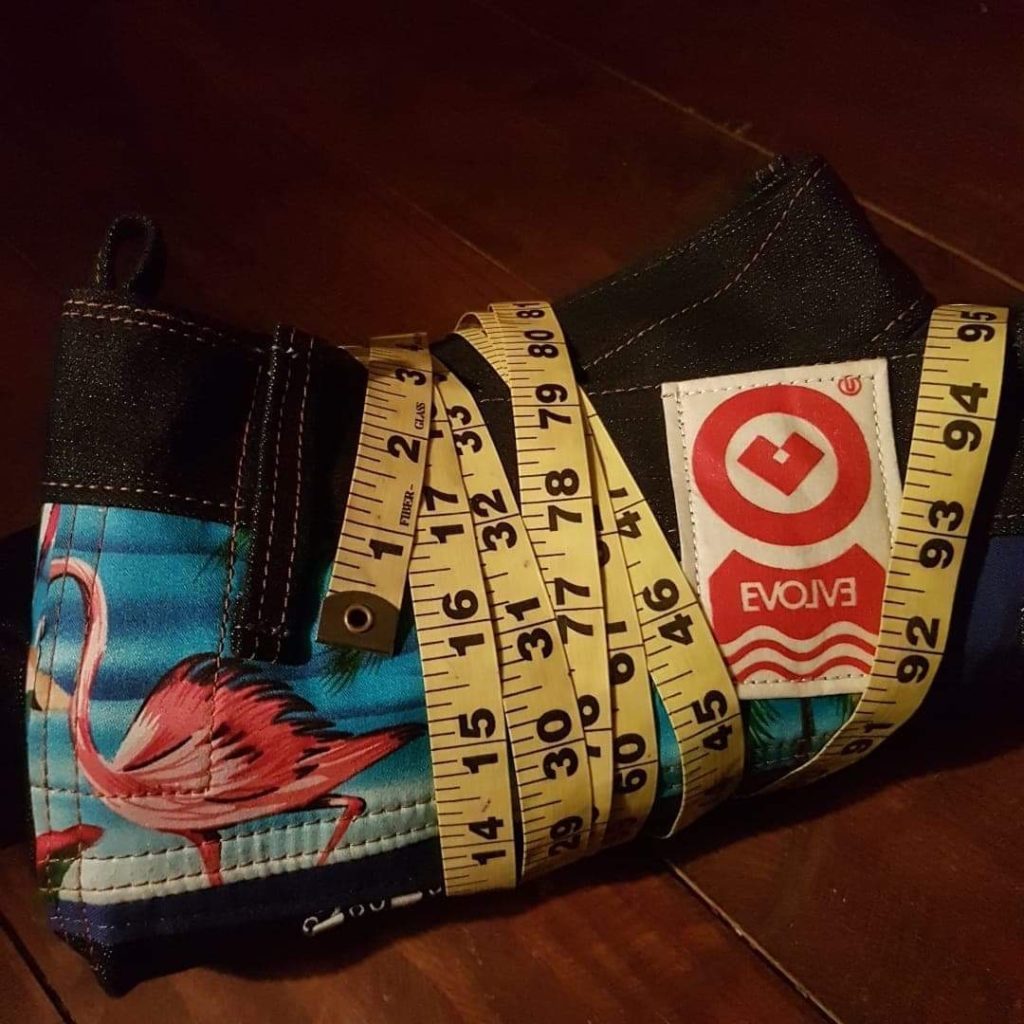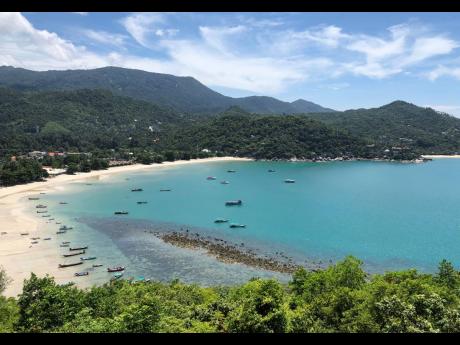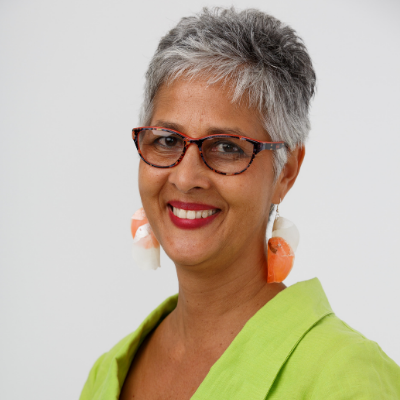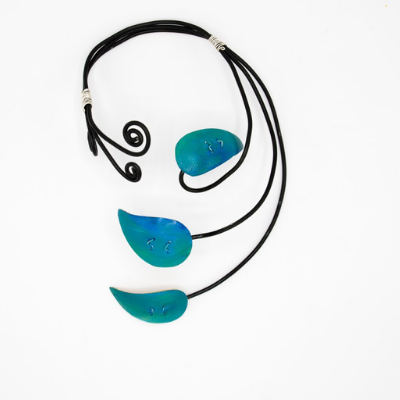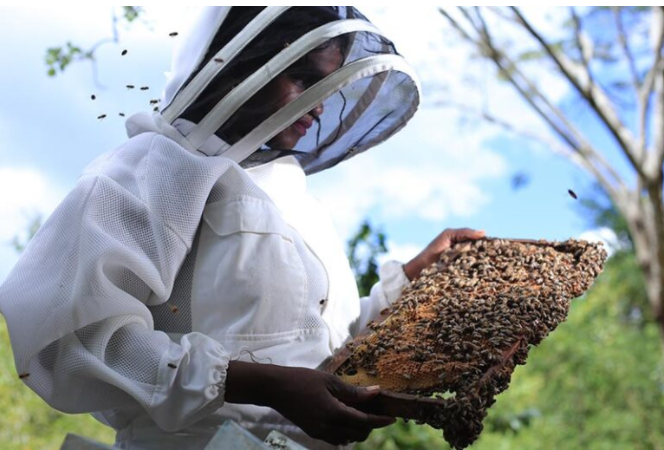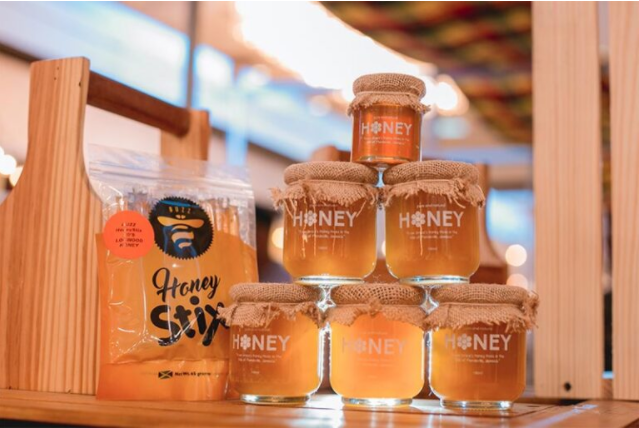Indira Weech knew she was onto something great when her bath and body care natural line went from being perfect souvenirs to items in global demand.
But as encouraging as this was, frustration quickly set in for the owner of bahamaSpa, a small business located on the island of Nassau in The Bahamas.
We were offered a contract from a major luxury hotel to supply their spa as well as their retail and gift shop. We were also wholesalers for salons and spas requesting bulk supplies of our products as well as retail businesses selling directly to local customers, and we provided personalized gift services. We did exceptionally well in the tourism sector and due to persistent reorder demands from visitors who left the islands, we were in search of avenues to export our products so we could fill the demand.
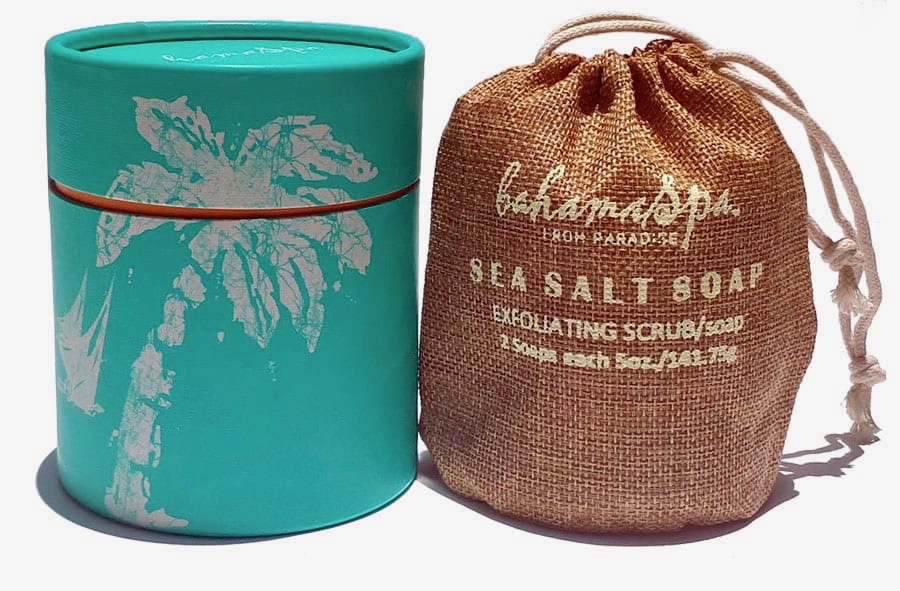
Our major frustration coming from a small island was the lack of applicable assistance to help us grow and expand globally. bahamaSpa was in the process of restructuring when we learnt of WE-Xport, a valuable opportunity for export guidance which was exactly what we needed at the time, she recalled.
Indira immediately signed up for WE-Xport, a technical assistance programme offered by the Caribbean Export Development Agency designed to give regional female-owned businesses access to grant funding, training, export and networking opportunities.
From there her knowledge of export grew and things began to move quickly. She participated in workshops, was assigned a business coach and met other regional female entrepreneurs. Admitting entrepreneurship could be a pretty lonely road to travel sometimes, Indira confessed that WE-Xport became a safe space for her to share experiences and discuss challenges.
I had a great business coach who assisted me in research, finding the right route to export and making the right decisions as a small business. I have become more disciplined in record keeping and organization because I knew if we were to expand internationally I needed to improve in this area. I also ask for help and assistance more since being enrolled in the programme. I find it very reassuring to know I can still ask for assistance long after our cohort officially ended.
Asking for help was not something I was accustomed to doing and WE-Xport gave me a sisterhood of like-minded female entrepreneurs whom I could now rely on for sound advice, emotional support, encouragement and gentle kicks in the pants when needed. I am eternally grateful for this network, she pointed out.
However, the most rewarding opportunity that WE-Xport presented for Indira was the chance to participate in trade shows including the 4th CARIFORM-EU Business Forum in Germany. Prior to signing up, she had been working on export packaging for bahamaSpa but accelerated this once she was enrolled in WE-Xport.
The response to the new packaging and to our products at shows in the Caribbean and in Europe was outstanding. Increased demand and growth came particularly through the CARIFORUM exhibition. That show was impeccably organised by the Caribbean Export team. It showcased some of the most exquisite brands from the Caribbean. I was very proud to display my pride and joy, bahamaSpa.

The response from the attendees was absolutely amazing. People lined up to meet me and discuss the products, some waited until the trade show was done to ask more questions and a few said they wanted to leave smelling like paradise. It was breathtaking and very affirming. I felt very comfortable and ready but most of all I was prepared. I felt I had grown as a business woman. I was also fortunate to have met a very knowledgeable and successful businessman who is involved in natural products and an expert in the field of manufacturing cosmetics, Indira outlined.
After WE-Xport concluded, Indira continued to focus on her export goals and building capacity for the business. She hired new staff, trained the old ones, secured a dream contract with a major island resort, and was in the midst of creating a storefront for her factory when the COVID-19 pandemic hit.
We were on such a positive trajectory that we were blindsided. The lockdown was initially a huge shock for me, Indira said, revealing she opted to pay her staff for the entire three-month period. I still feel this was the right decision even though it left me with very little cash and lots of bills.
Sales dwindled as the lockdown dragged on and with little income, Indira was forced to innovate. While browsing social media, she realized men and women were struggling with hair and skin care, since salons were closed and their personal beauty supplies were running low.
She decided the time had come to launch a hair care line she had been working on for two years: Good & Kinky Boost and Good & Kinky hair oil.
I came up with a marketing strategy which worked for me, BOOST, made fresh Thursday, delivered free on Friday, softer more manageable hair by Saturday. The reviews were great and the products have great potential. I launched something during the COVID-19 lockdown that had become highly requested and a money maker. Sometimes, one simply has to take a leap of faith, Indira proudly said.
However, it wasn’t always a bed of roses. Unfortunately due to the new COVID-19 protocols and social distancing regulations in Nassau, Indira’s factory did not pass inspection and she lost all the money she had invested renovating the workspace.
But as fate would have it, the businessperson she met at 4th CARIFORM-EU Business Forum in Germany became her business mentor during the lockdown. With their expert guidance, Indira has finalized an achievable and manageable planfor export to the European market.
They are convinced bahamaSpa is definitely a scalable business; with their insight, market research and other factors, they are convinced that a marketing drive centred on London, Paris, Rome and Frankfurt will produce remarkable results. Export is now on the horizon! I plan on making bahamaSpa a Caribbean Export success story! I am so grateful that I was afforded the opportunity to participate in WE-Xport, it opened doors for bahamaSpa. My mantra is: With two pots and a spoon, bahamaSpa will make it all the way to Harrods! Indira confidently said.










